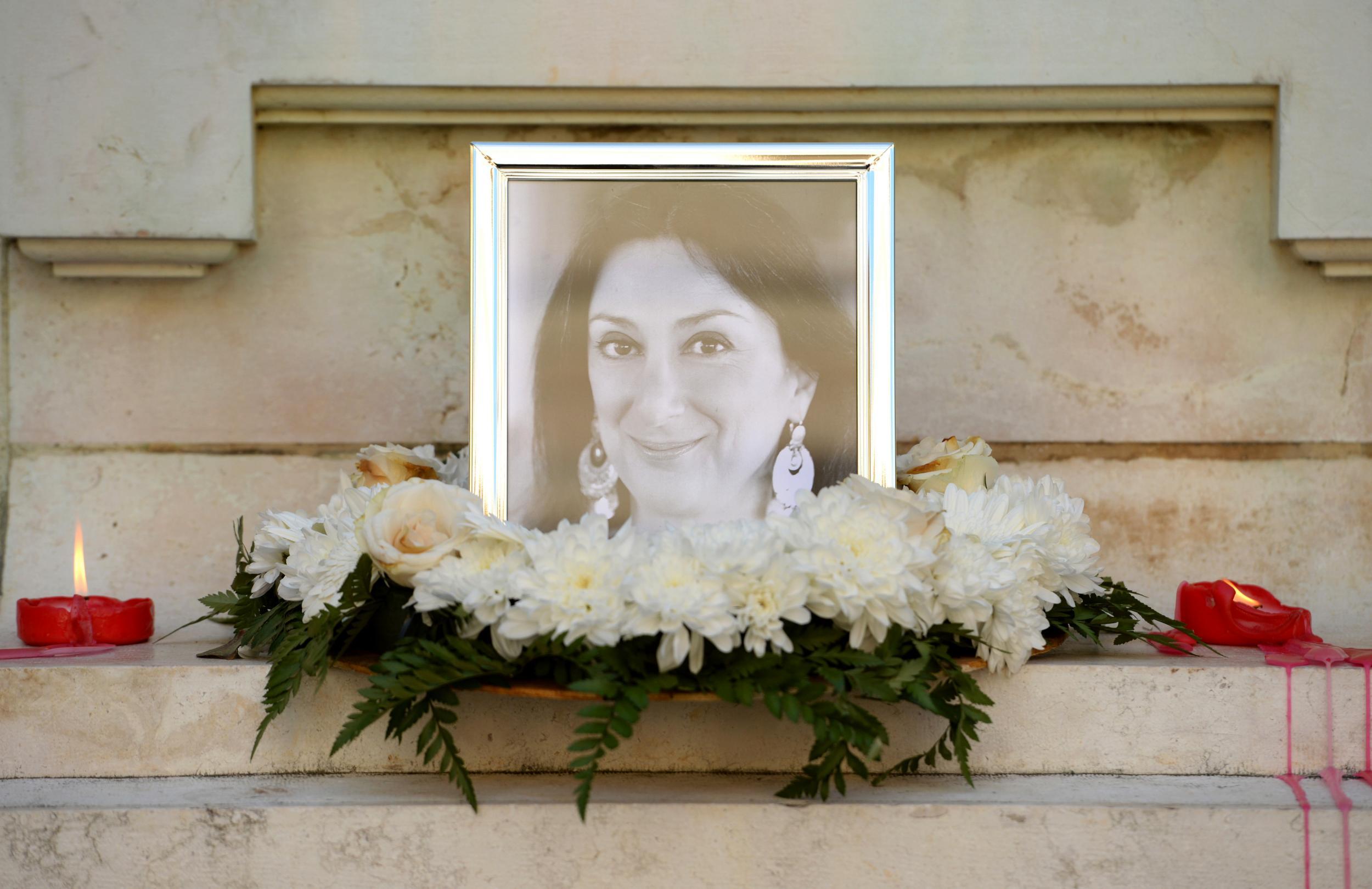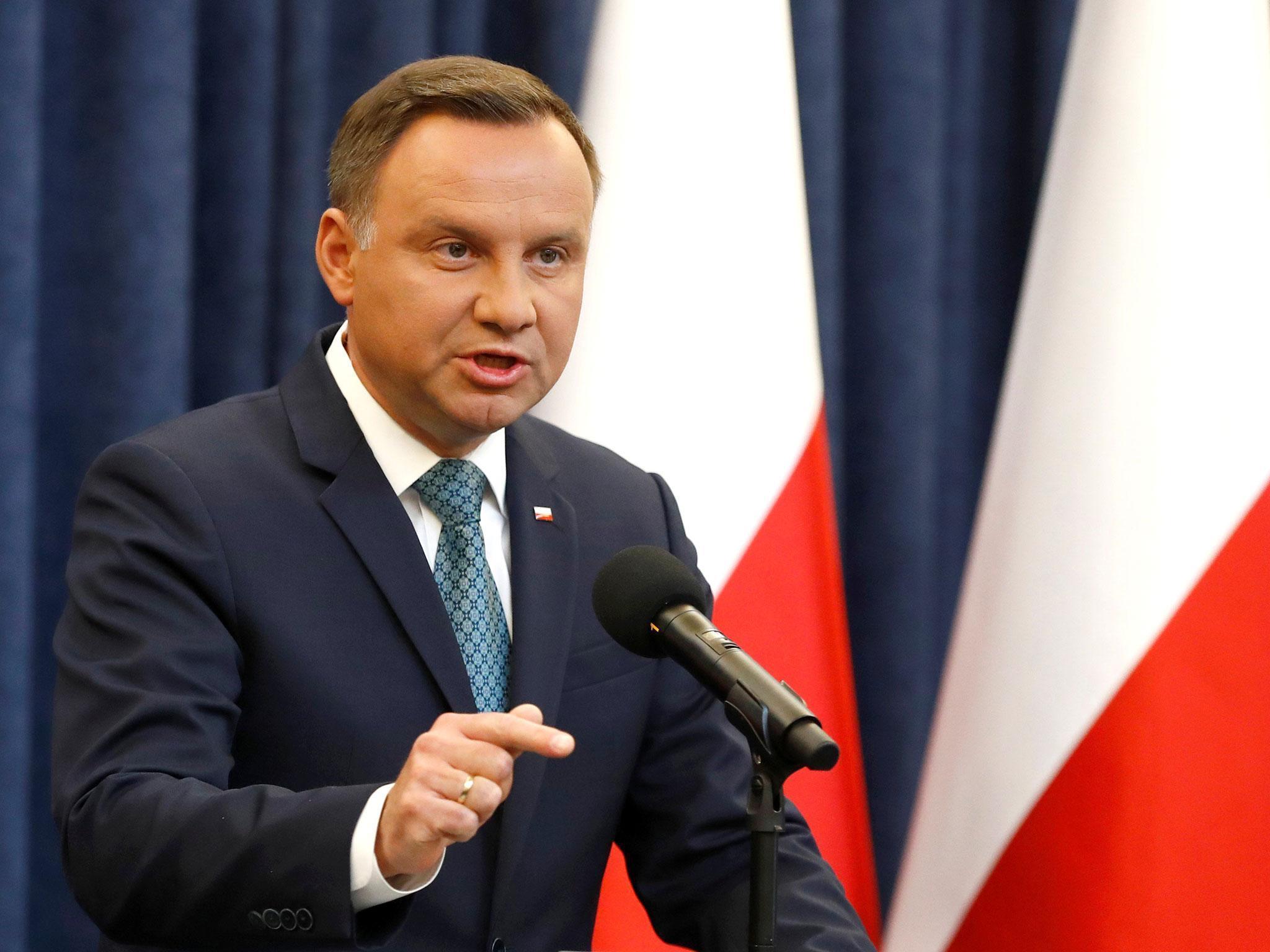EU fighting war on two fronts to maintain rule of law in member states
EU institutions criticised both Poland and Malta on Wednesday

Your support helps us to tell the story
From reproductive rights to climate change to Big Tech, The Independent is on the ground when the story is developing. Whether it's investigating the financials of Elon Musk's pro-Trump PAC or producing our latest documentary, 'The A Word', which shines a light on the American women fighting for reproductive rights, we know how important it is to parse out the facts from the messaging.
At such a critical moment in US history, we need reporters on the ground. Your donation allows us to keep sending journalists to speak to both sides of the story.
The Independent is trusted by Americans across the entire political spectrum. And unlike many other quality news outlets, we choose not to lock Americans out of our reporting and analysis with paywalls. We believe quality journalism should be available to everyone, paid for by those who can afford it.
Your support makes all the difference.The European Parliament says it has “serious concerns” about democracy and freedom of the press in Malta following the apparently assassination of a journalist who was investigating the government.
Increasing pressure on the Maltese government opens a new front for Brussels in its struggles to maintain the rule of law across the EU, where the European Commission is already threatening to censure the Polish government over a move to centralise judicial power.
A resolution passed overwhelmingly by the EU body on Wednesday was backed by 466 votes in the 751-member parliament and urged the European Commission to launch an investigation into the Maltese government over the killing.
MEPs say that “several serious allegations of corruption and breach of anti-money laundering and banking supervision obligations” have not been investigated by the police in the member state.
“Developments in Malta in recent years have led to serious concerns about the rule of law, democracy and fundamental rights, including freedom of the media and the independence of the police and the judiciary,” the resolution said.
Daphne Caruana Galizia was killed by a car bomb on 16 October months after revealing links between Maltese politicians and the Panama Papers tax scandal. She also has a history of investigating organised crime, including the island nation’s online gambling industry and oil smuggling cartels.
Before the killing she had previously been arrested by Maltese police on two occasions; her family refused to allow the Maltese president Marie-Louise Coleiro Preca and prime minister Joseph Muscat to attend her funeral on the basis that they were not welcome.
The European Parliament motion on Malta came the same day as the European Commission aired “serious concerns” about new proposals by Polish president Andrzej Duda to change the structure of courts in Poland.
The long-running dispute is around plans that would see see the ability to appoint supreme court judges centralised in the hands of the government.
The country’s government, headed by the right-wing eurosceptic Law and Justice Party, has repeatedly clashed with Brussels since being elected in 2015. The Government still enjoys a strong approval rating despite international warnings that it is rolling back democracy and the rule of law in the former communist country.

“At this preliminary stage of our assessment, the Commission already notes that certain issues in these draft laws could raise serious concerns,” European Commission’s deputy head Frans Timmermans said.
He cited plans in the draft laws to retire sitting judged by retroactively lowering their retirement age, and changes to appointments that would give governments with control of the Polish parliament the ability to appoint new judges.
This was “in contradiction with the European standards which stipulate that judges-members of the Councils should be chosen by their peers” he said.
A final option for the European Commission would be to revoke Poland's voting rights at the European Council, but this would require the support of other member states.
Join our commenting forum
Join thought-provoking conversations, follow other Independent readers and see their replies
Comments